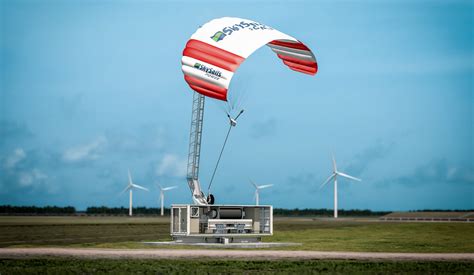Tracking energy consumption is a crucial step towards reducing energy waste, lowering utility bills, and mitigating the environmental impact of energy use. With the advent of smart technologies and innovative monitoring systems, it has become easier than ever to keep tabs on how much energy your home, business, or industrial facility is using. Here, we will delve into five effective ways to track energy, exploring the benefits, functionalities, and practical applications of each method.
Understanding the Importance of Energy Tracking
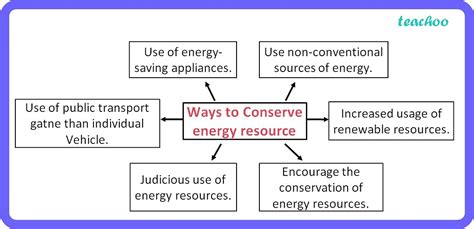
Before diving into the methods of tracking energy, it’s essential to understand why it matters. Energy tracking helps in identifying areas of inefficiency, reducing energy consumption, and optimizing energy usage patterns. This not only leads to financial savings but also contributes to a more sustainable future by reducing the demand on non-renewable energy sources and minimizing carbon emissions.
Key Points
- Energy tracking is crucial for identifying inefficiencies and reducing waste.
- Smart meters provide real-time data on energy consumption.
- Energy management systems offer comprehensive solutions for monitoring and controlling energy use.
- IoT devices enable remote monitoring and automation of energy-consuming appliances.
- Manual meter readings are a basic yet effective method for tracking energy use.
1. Smart Meters
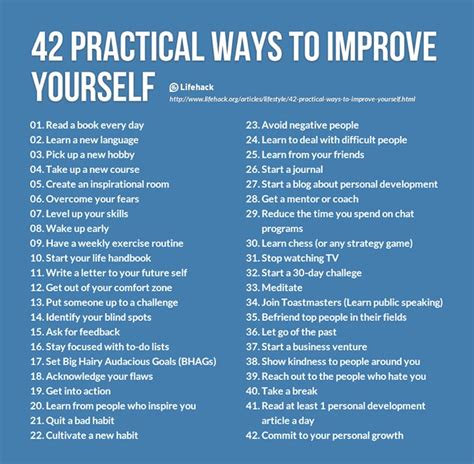
Smart meters are advanced devices that automatically record and transmit energy consumption data to the utility company at regular intervals. They provide real-time information on energy usage, helping consumers understand their energy consumption patterns and make informed decisions about reducing their energy use. Smart meters can also facilitate time-of-use pricing, where the cost of energy varies depending on the time of day, encouraging users to shift their energy-intensive activities to off-peak hours.
Benefits of Smart Meters
The benefits of smart meters include enhanced accuracy in billing, reduced need for manual meter readings, and the ability to detect outages and restore services more efficiently. Moreover, smart meters can provide detailed insights into energy usage, empowering consumers to optimize their consumption and potentially reduce their energy bills.
| Feature | Description |
|---|---|
| Real-time Monitoring | Provides instant data on energy consumption. |
| Automatic Meter Reading | Eliminates the need for manual readings. |
| Time-of-Use Pricing | Encourages energy conservation by varying energy costs based on the time of day. |
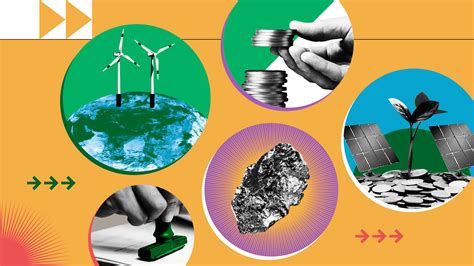
2. Energy Management Systems (EMS)
Energy Management Systems are comprehensive solutions designed to monitor, control, and optimize energy use within buildings or industrial facilities. An EMS can collect data from various sources, including meters, sensors, and building management systems, to provide a holistic view of energy consumption. These systems can identify areas of inefficiency, predict energy demand, and automatically adjust energy usage to minimize waste and reduce costs.
Implementing an EMS
Implementing an EMS requires a thorough analysis of the existing energy infrastructure, identification of energy-intensive processes, and the integration of monitoring and control technologies. While the initial investment in an EMS can be significant, the long-term benefits, including energy savings and extended equipment lifespan, can justify the cost.
3. IoT Devices for Energy Monitoring
The Internet of Things (IoT) has revolutionized the way we monitor and control energy consumption. IoT devices, such as smart plugs and energy monitors, can be installed in homes and businesses to track the energy usage of individual appliances and systems in real-time. These devices can often be controlled remotely through smartphone apps, allowing users to turn off devices when not in use, thereby reducing standby power consumption.
IoT in Energy Efficiency
The integration of IoT in energy monitoring not only enhances the granularity of energy data but also enables automated control over energy usage. By leveraging IoT technologies, consumers and businesses can adopt more energy-efficient practices, reduce their environmental footprint, and lower their energy expenditures.
4. Manual Meter Readings
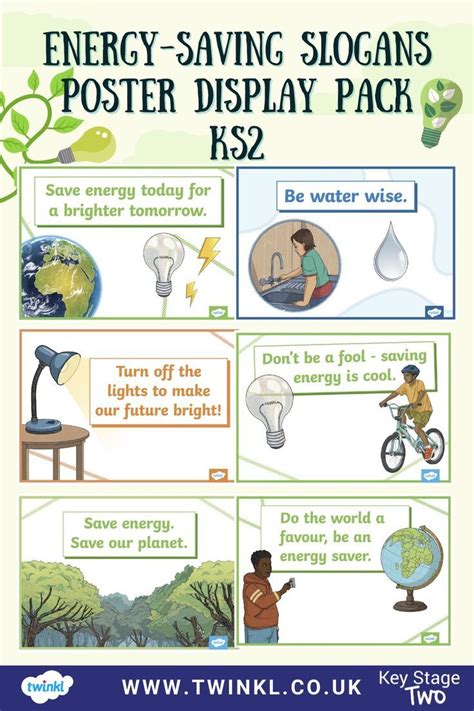
For those without access to smart meters or more advanced energy monitoring systems, manual meter readings remain a straightforward and effective method for tracking energy use. By regularly recording the meter readings and comparing them over time, individuals can estimate their energy consumption and look for opportunities to reduce their usage.
Best Practices for Manual Readings
To ensure accuracy, it’s essential to establish a routine for taking meter readings, ideally at the same time each month. Additionally, understanding how to read the meter correctly and keeping a detailed record of the readings can help in identifying trends and anomalies in energy consumption.
5. Energy Audits
Energy audits involve a thorough examination of a building’s energy usage to identify opportunities for energy efficiency improvements. Conducted by professionals, energy audits can reveal inefficiencies in heating and cooling systems, lighting, and other energy-consuming equipment. Based on the audit findings, recommendations can be made for upgrades, replacements, or behavioral changes that can lead to significant energy savings.
Conducting an Energy Audit
Conducting an energy audit requires a systematic approach, starting with data collection on current energy usage, followed by on-site inspections, and culminating in a detailed report outlining energy-saving opportunities. The cost of an energy audit can vary widely depending on the size and complexity of the facility, but the potential for long-term energy savings makes it a worthwhile investment for many organizations.
What is the most effective way to track energy consumption for residential use?
+For residential use, smart meters and IoT devices offer real-time monitoring and control, making them highly effective for tracking and managing energy consumption.
Can energy management systems be integrated with existing building management systems?
+Yes, energy management systems can be integrated with existing building management systems to provide a comprehensive view of energy usage and facilitate more efficient operation of the building.
How often should manual meter readings be taken for accurate energy tracking?
+For accurate energy tracking, manual meter readings should be taken at regular intervals, ideally monthly, to capture changes in energy consumption patterns over time.
In conclusion, tracking energy consumption is a multifaceted task that can be approached through various methods, each with its unique benefits and applications. By understanding and leveraging these methods, individuals and organizations can make significant strides in energy conservation, contributing to a more sustainable and energy-efficient future.
